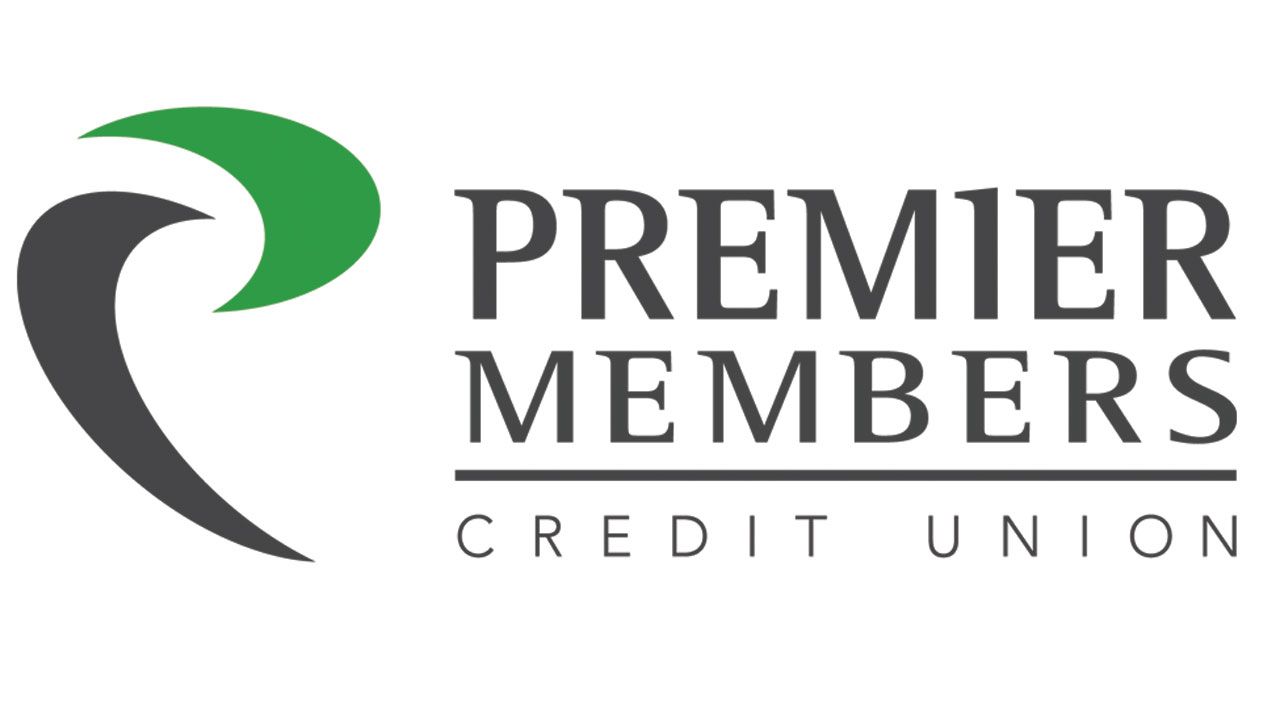Longmont Startup Week: how small businesses can protect their intellectual property
LONGMONT — Startups and small businesses run on ideas, which is why protecting those thoughts are key for a business’ growth and survival.
Eric Brennan, an intellectual-property attorney with Holzer Patel Drennan in Denver, led a panel on intellectual property during Longmont Startup Week. He provided the basics on what intellectual property protections are out there today and what to do if someone tries to infringe.
Trademarks
Intellectual property is anything created through someone’s mind that has some sort of value. It’s inherently different than real estate or personal property because it doesn’t physically exist when someone first thinks of it. That makes intellectual property far harder to defend as a business asset.
“As soon as it’s shared in some way, it can be distributed fluidly, and there’s not much of a defense to that except intellectual property protections,” he said.
A business can register its product under a trademark to give it brand value. Brennan said the best way to secure a trademark is to first make sure someone hasn’t claimed it or a similar brand name first by searching the U.S. Patent and Trademark Office and other databases.
Trademarks can become void if the holder doesn’t use it over a long period of time, he said, or if a term becomes a substitute for a generic product or action. For example, Google’s brand name has effectively substituted “internet search” as a verb, making it far more difficult for Google to protect that name.
To defend against a trademark from becoming generic, Brennan said choosing a brand name that has little or nothing to do with the product will make it harder for someone to copy it. He pointed to Apple Inc. as an example, because apples and computers aren’t similar as products.
Copyright
Copyrights are applied to works of art or design that’s affixed to a tangible medium. That can range from a film played off a physical reel to lines of code stored on a hard drive. People gain copyright protection for an original idea as soon as they think of it, even if they don’t publish that idea to the world.
However, Brennan suggests publishing the idea or submitting it to the U.S. Copyright Office sooner rather than later. That gives the owner a better chance of winning a court battle over who had an idea first.
“If you don’t do either of these, it’s hard to prove what you had and when you had it,” he said.
Trade secrets
A trade secret is any private piece of information that gives its owner a competitive advantage in the marketplace, Brennan said. This can range from a recipe or internal software code to a list of customers and leads.
Secrecy is the key to protecting that intellectual property, Brennan said, because as soon as it’s released to someone else or the general public, it loses all of its protections. He highly suggests making sure sensitive information is shown to company employees and others on a need-to-know basis, and including confidentiality agreements on hiring documents or contracts.
Information that is similar to a company’s trade secrets but were created independently by another business aren’t eligible for protections.
DIY vs. lawyering up
Brennan said startups can generally register and enforce trademarks without the help of an attorney, but they could benefit from speaking with a lawyer about what they can and can’t copyright or trademark.
He said patents are generally “not worth your time” to do it yourself because of the various pitfalls a non-attorney can make in trying to bulletproof protections. Rather, he suggests having an attorney do the patent work while the business focuses on product design and marketing.
When it comes to patent trolls, Brennan said business owners should immediately consult an attorney.
Patent trolls are people or companies that buy patents from defunct companies or own broadly written patents, and make revenue by enforcing their holdings instead of making the product itself.
Brennan said even if the claim is frivolous, ignoring cease-and-desist letters can make a startup look malicious in the eyes of a jury.
“You always want to be the good guy, the white hat, if you get embroiled in one of these things,” he said. “Ignoring cease-and-desist letters, particularly repeatedly, paints you as the black hat, as the bad guy.”
LONGMONT — Startups and small businesses run on ideas, which is why protecting those thoughts are key for a business’ growth and survival.
Eric Brennan, an intellectual-property attorney with Holzer Patel Drennan in Denver, led a panel on intellectual property during Longmont Startup Week. He provided the basics on what intellectual property protections are out there today and what to do if someone tries to infringe.
Trademarks
Intellectual property is anything created through someone’s mind that has some sort of value. It’s inherently different than real estate or personal property because it doesn’t physically exist when someone first thinks of it. That makes…
THIS ARTICLE IS FOR SUBSCRIBERS ONLY
Continue reading for less than $3 per week!
Get a month of award-winning local business news, trends and insights
Access award-winning content today!





